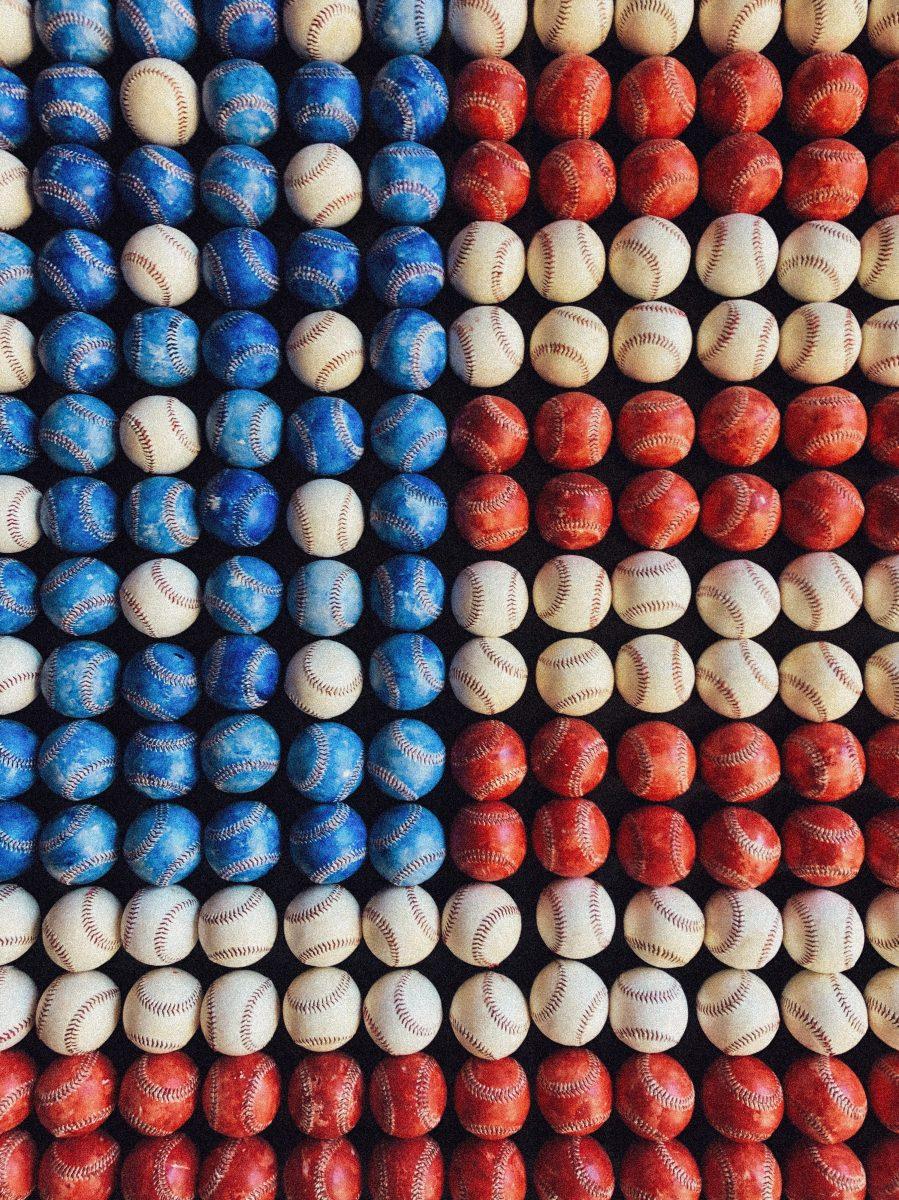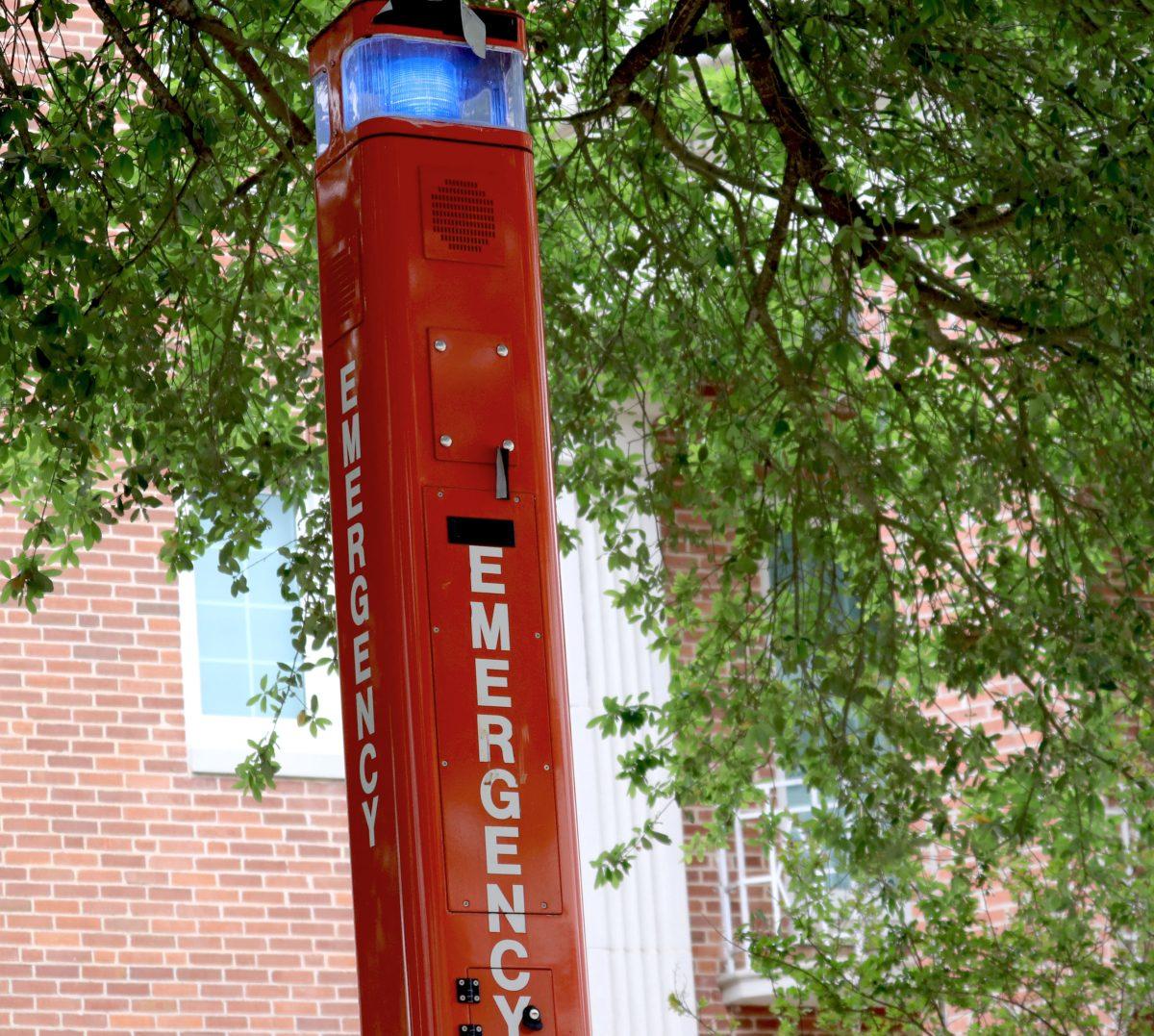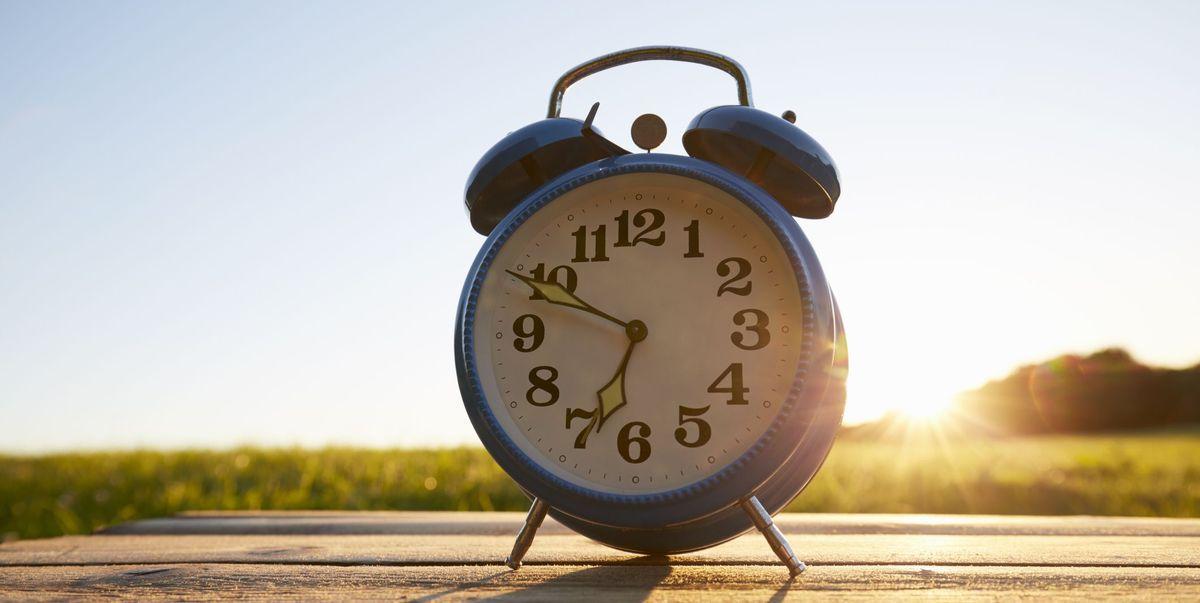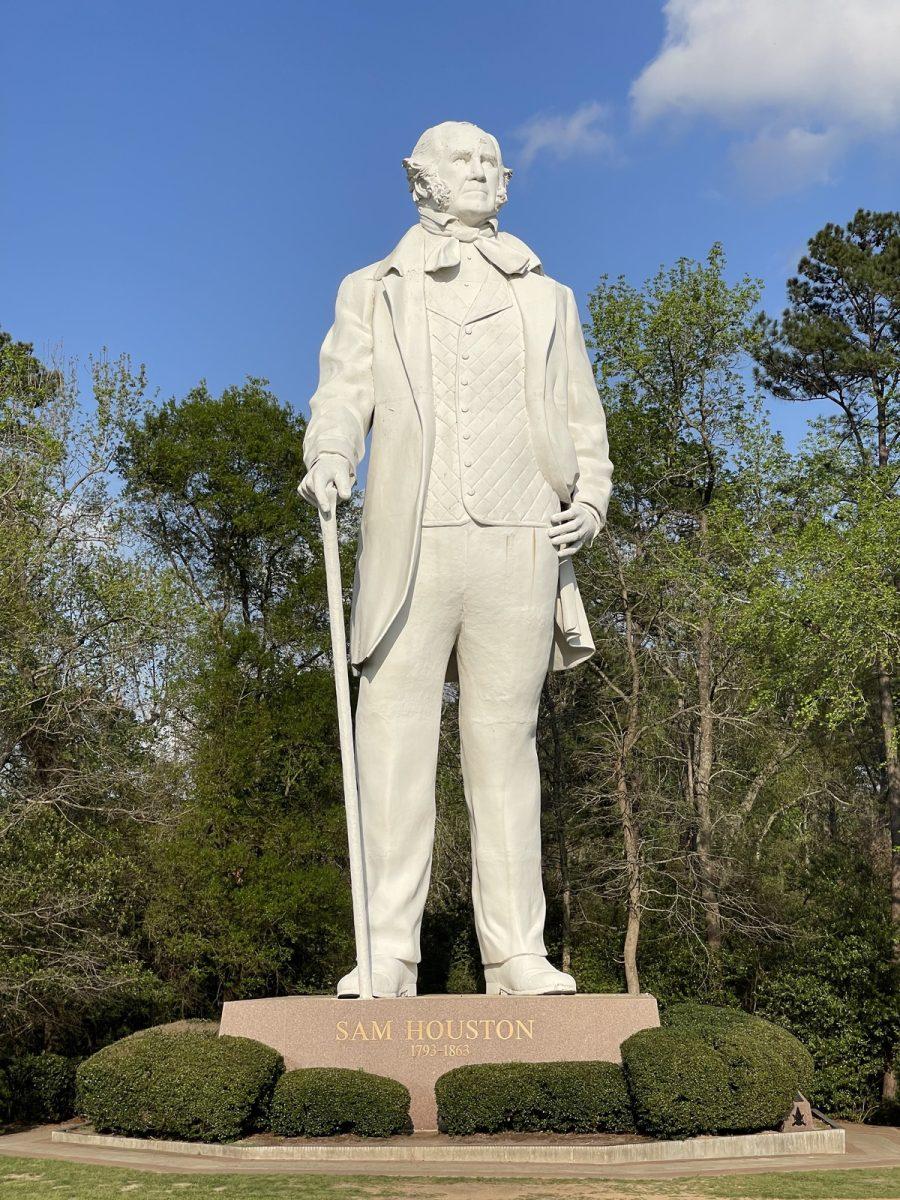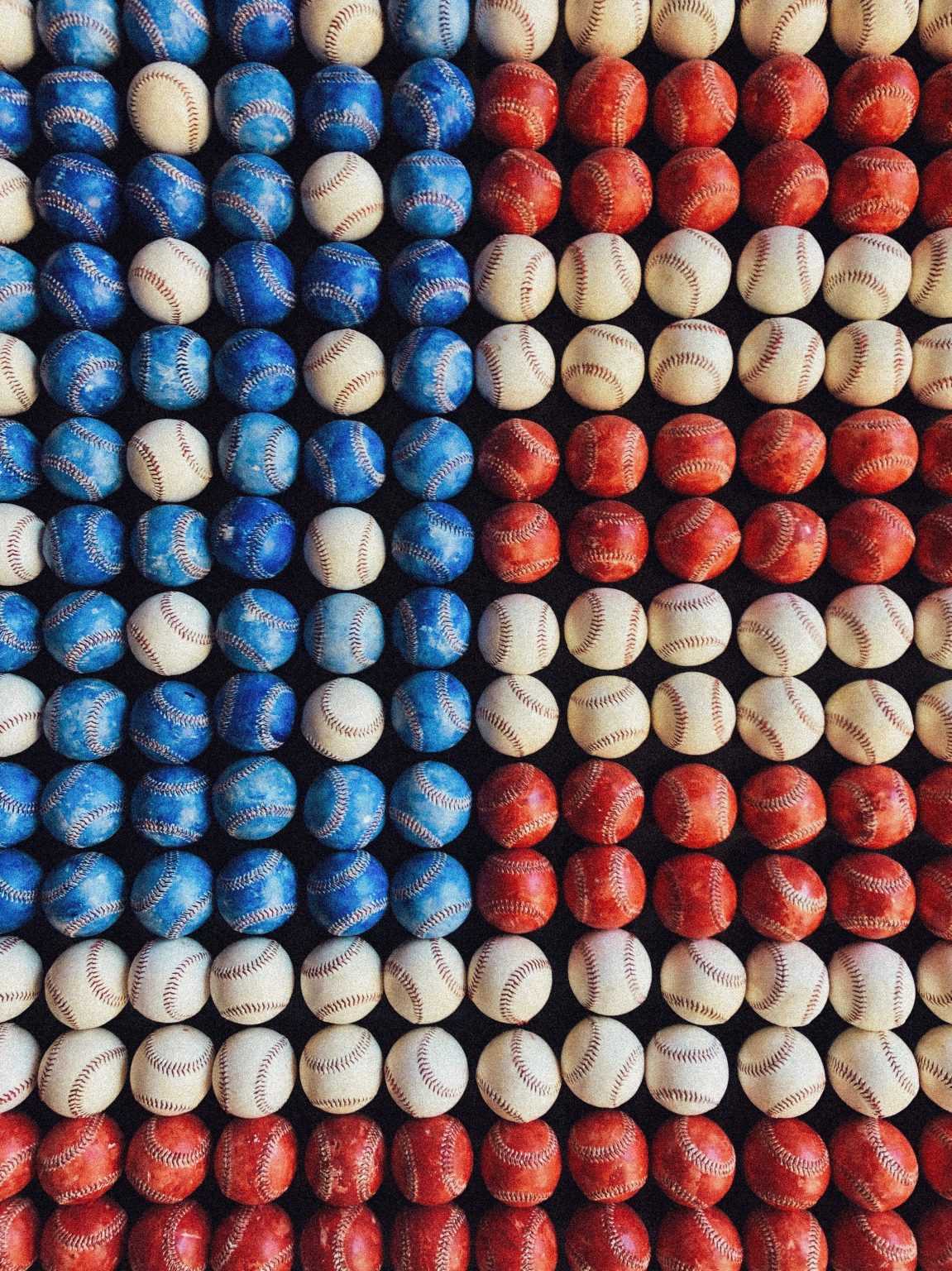
Two months have passed since the MLB’s Collective Bargaining Agreement (CBA) expired and the MLB locked out all of its players. Fans of baseball worry that the sport they love may not be happening on time for the second time in two seasons, this time thanks to a labor dispute.
The leverage the MLB holds over the player’s association has already financially burdened many athletes, and now it may stifle their routine training. MLB and its players union are currently negotiating a new collective bargaining agreement to get the season started on time.
The old CBA had been in effect for five years and most in the sport anticipated the negotiation of a new one would lead to a strike similar to what happened in 1994.
This started as a sly tactic to choke the MLB Players Association (MLBPA) into less agreeable terms to save their careers. However, the lockout failing to reach a compromise is starting to jeopardize the upcoming season.
It can be difficult for fans to know what side they should take in these negotiations, especially since they may have their sport delayed again because of the lockout.
Simply put, the players union has the moral high-ground here, and should be the side fans should take.
The players are what the fans pay to come and see, they are the ones hitting the home runs and throwing the amazing pitches, not the billionaire owners. MLB has an incredibly sketchy past and has been known to ignore electronic sign stealing, rampant steroid use among players and heavy drug abuse by players just to avoid attracting negative attention.
Throughout the negotiations the MLB has had the audacity to suggest outrageous things like that they should not have to pay their minor league players to attend spring training and made the lockout even worse by waiting over 40 days to even begin negotiating with the players union.
While the players union is not perfect, it represents the will of the athletes, the ones we love to buy jerseys of and the ones we love to watch hit home runs. And they are the ones we should be supporting during this labor dispute.

